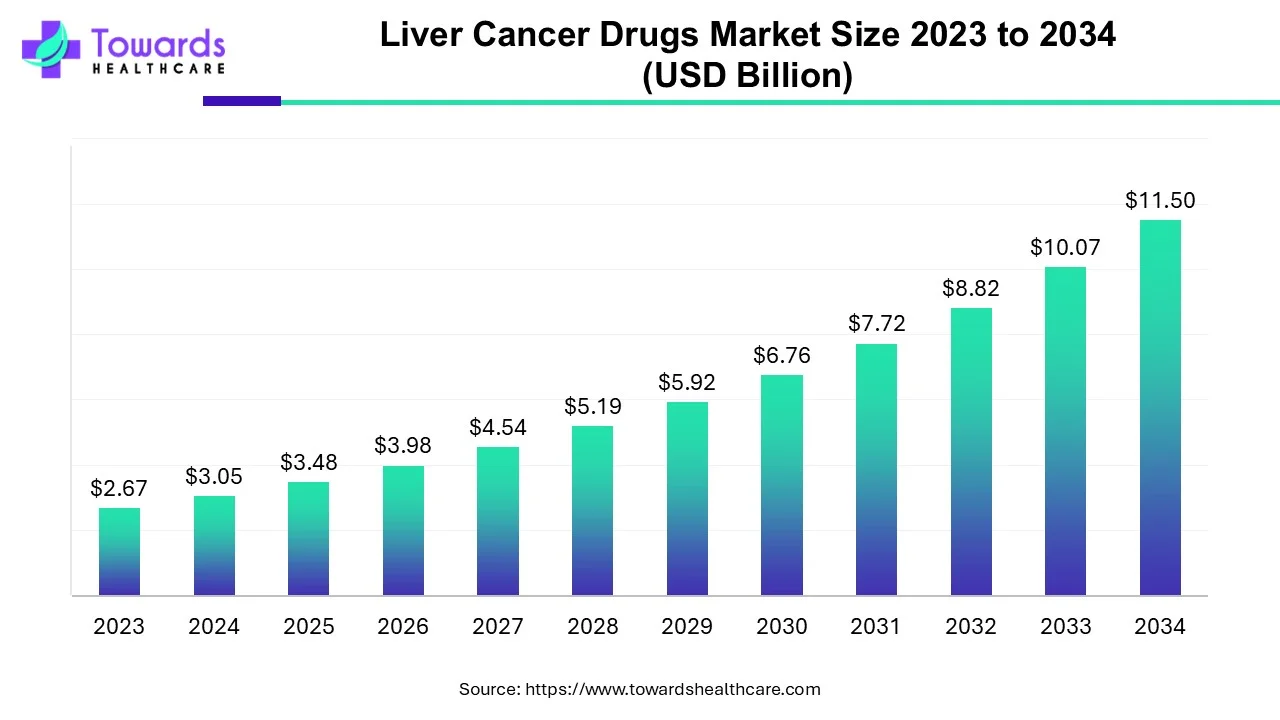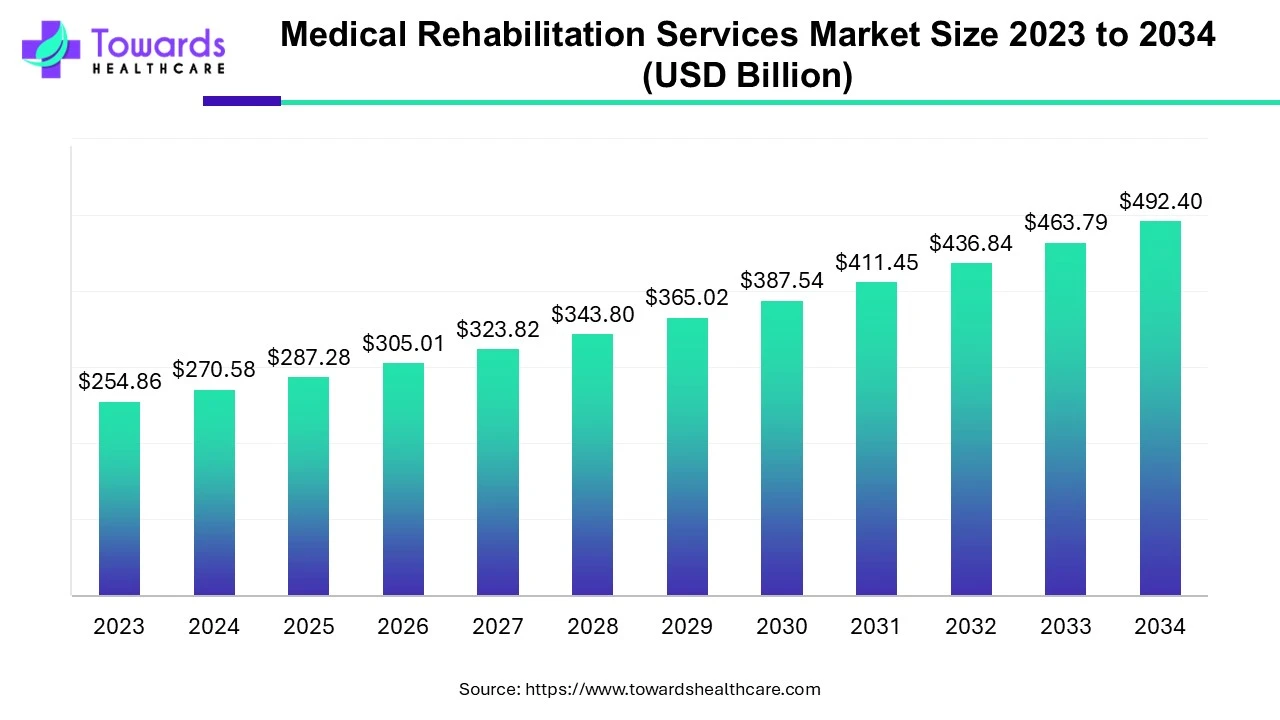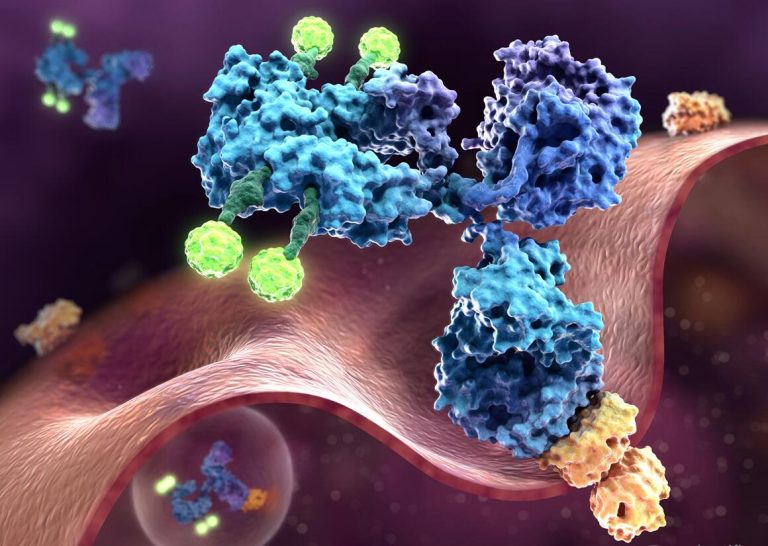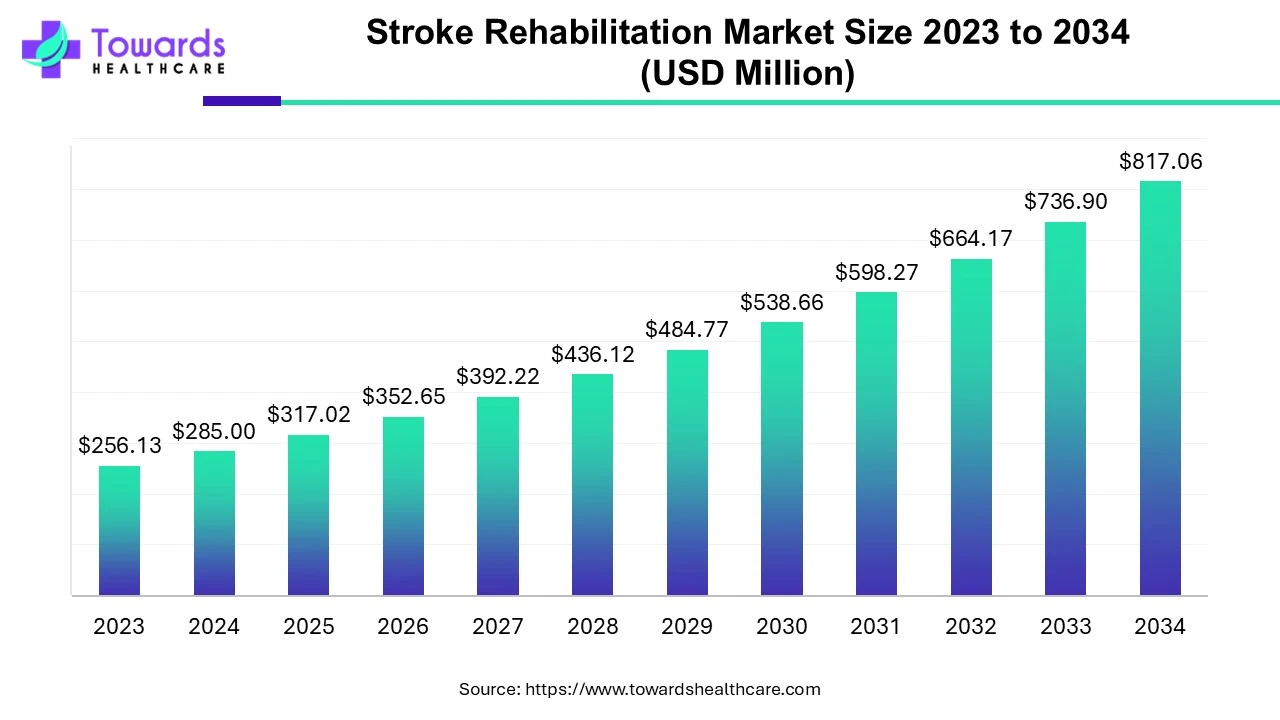Liver Cancer Drugs Market Overview (2023-2032): Key Trends, Developments, and Insights
The liver cancer drugs market, valued at USD 2.67 billion in 2023, is expected to reach USD 9.94 billion by 2032, growing at a compound annual growth rate (CAGR) of 14.2% from 2024 to 2032. This growth is driven by the increasing prevalence of liver cancer, ongoing research and development, and the adoption of targeted therapies.

Download a sample of this report @ https://www.towardshealthcare.com/personalized-scope/5146
Key Market Insights
- Targeted Therapies Leading the Market: In 2022, targeted therapies captured the largest market share at 52%. Key targeted therapies include sorafenib, lenvatinib, regorafenib, and ramucirumab, which are used for advanced stages of liver cancer.
- Distribution Channels: Hospital pharmacies held a commanding 71% market share in 2022, indicating the importance of institutional treatment settings in the distribution of liver cancer drugs.
- Regional Market Leadership: North America led the liver cancer drugs market with a 34% share in 2022, driven by advanced healthcare infrastructure, high awareness, and significant investments in research and development.
Liver Cancer: Prevalence and Clinical Concerns
Liver cancer ranks as the fourth most common cause of cancer-related deaths worldwide, with over 800,000 fatalities annually. The 5-year survival rate after diagnosis is projected at 30%-35%, making it a major public health concern. Hepatocellular carcinoma (HCC) is the most prevalent form of liver cancer, accounting for approximately 90% of all cases.
Key Causes and Risk Factors:
- Chronic Hepatitis Infections: Rising hepatitis B and C cases significantly increase liver cancer risk. According to WHO, in 2019, 296 million people had chronic hepatitis B, resulting in approximately 820,000 deaths, mainly due to HCC and liver cirrhosis.
- Type 2 Diabetes: People with type 2 diabetes are 2 to 4 times more likely to develop liver cancer due to the associated nonalcoholic fatty liver disease (NAFLD), which can lead to cirrhosis and liver damage.
Advances in Liver Cancer Treatment
First-Line and Second-Line Treatments:
- First-Line Treatments: Include tyrosine kinase inhibitors like sorafenib and lenvatinib, and immunotherapies such as atezolizumab combined with bevacizumab.
- Second-Line Treatments: Include cabozantinib, regorafenib, ramucirumab, and other targeted agents like donafenib and galunisertib.
New Therapies and Clinical Trials:
- Balloon-TACE (B-TACE): In March 2024, Terumo launched B-TACE, an advanced therapy for managing liver cancer that targets chemotherapy drugs more precisely at the tumor, minimizing damage to surrounding healthy tissues.
- Fast Track Designation for BST02: Biosyngen’s BST02, an immune therapy product, received the FDA’s Fast Track Designation in February 2024, offering hope for new treatment options for all forms of liver cancer.
Targeted Therapy Developments:
- The landscape of HCC treatment has significantly transformed with the introduction of targeted therapies such as sorafenib, lenvatinib, and bevacizumab. Emerging options like Ramucirumab, Regorafenib, and Cabozantinib have expanded the therapeutic choices available for patients with advanced HCC.
Research Insights and Future Directions
- Focus on Metabolic Reprogramming: Recent studies by the Central Drug Research Institute (CSIR), India, emphasize targeting metabolic alterations in cells to prevent liver cancer, particularly hepatocellular carcinoma.
- Improved Screening for Liver Cancer Risks: Research by Stanford Medicine suggests reevaluating current liver cancer screening procedures to include patients with type 2 diabetes who do not meet existing screening criteria, potentially leading to earlier detection and better outcomes.
Key Players in the Liver Cancer Drugs Market
- Bayer AG
- Bristol-Myers Squibb Company
- Eisai Co., Ltd.
- Exelixis, Inc.
- Merck KGaA
- Pfizer Inc.
- Eli Lilly and Company
- F. Hoffmann-La Roche Ltd.
Market Segmentation
By Drug Class:
- Targeted Therapy: Bevacizumab, Cabozantinib, Lenvatinib, Ramucirumab, Regorafenib, Sorafenib, and others.
- Immunotherapy: Combinations such as Atezolizumab with Bevacizumab, Nivolumab with Ipilimumab, Pembrolizumab, and Durvalumab with Tremelimumab.
- Chemotherapy: Drugs like Gemcitabine, Oxaliplatin, Cisplatin, Doxorubicin, and others.
By Distribution Channel:
- Hospital Pharmacy
- Retail Pharmacy
- Online Pharmacy
By Geography:
- North America
- Europe
- Asia Pacific
- Middle East and Africa
- South America
Read Also: https://www.healthcarewebwire.com/respiratory-devices-market/
Discover our detailed Table of Contents (TOC) for the Industry, providing a thorough examination of market segments, material, emerging technologies and key trends. Our TOC offers a structured analysis of market dynamics, emerging innovations, and regional dynamics to guide your strategic decisions in this rapidly evolving healthcare field – https://www.towardshealthcare.com/table-of-content/liver-cancer-drugs-market-sizing
To own our research study instantly, Click here @https://www.towardshealthcare.com/price/5146
You can place an order or ask any questions, please feel free to contact us at sales@towardshealthcare.com
About Us
Towards Healthcare is a leading global provider of technological solutions, clinical research services, and advanced analytics to the healthcare sector, committed to forming creative connections that result in actionable insights and creative innovations. We are a global strategy consulting firm that assists business leaders in gaining a competitive edge and accelerating growth. We are a provider of technological solutions, clinical research services, and advanced analytics to the healthcare sector, committed to forming creative connections that result in actionable insights and creative innovations.
Explore the comprehensive statistics and insights on healthcare industry data and its associated segmentation: Get a Subscription
For Latest Update Follow Us: https://www.linkedin.com/company/towards-healthcare


